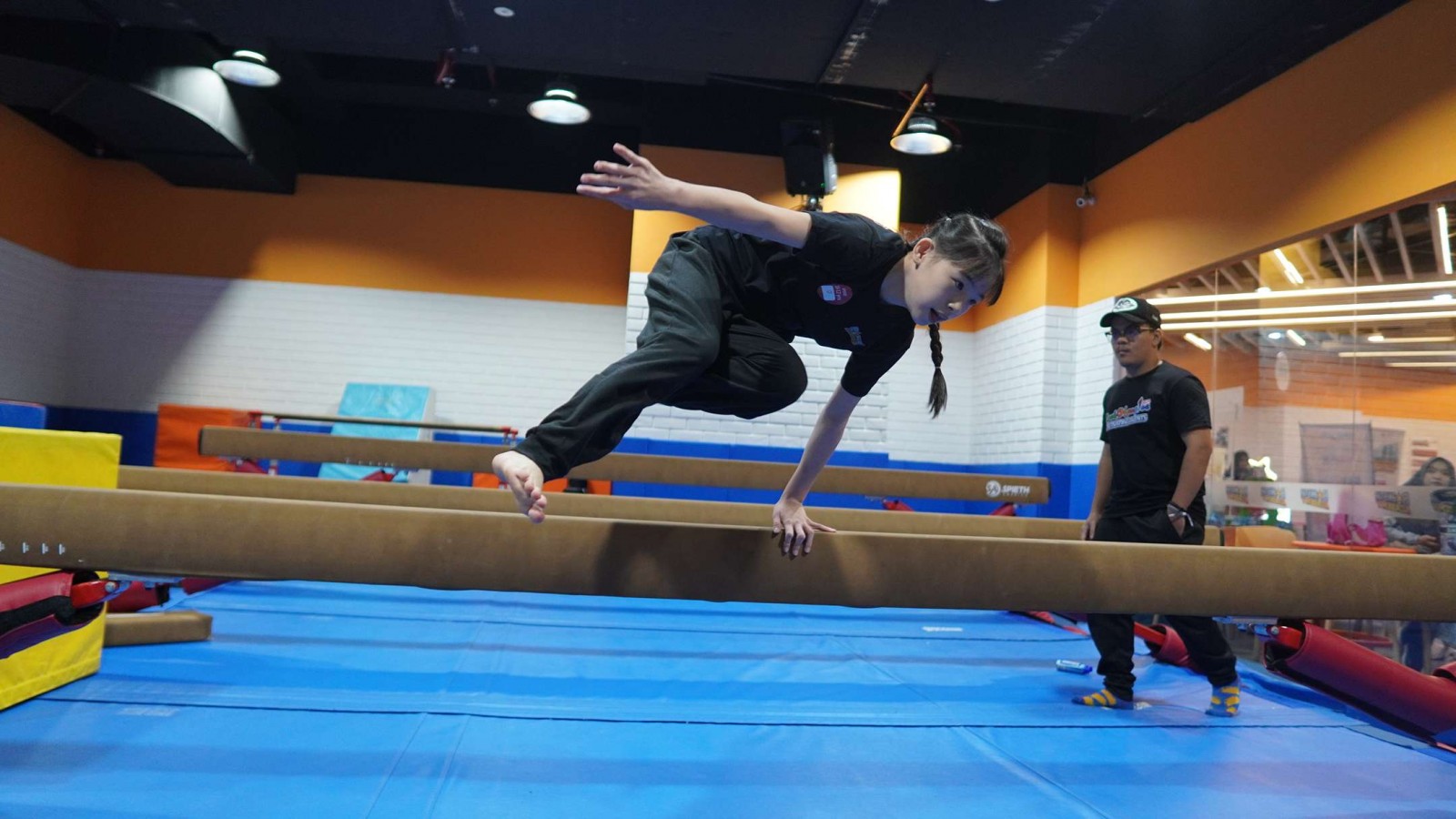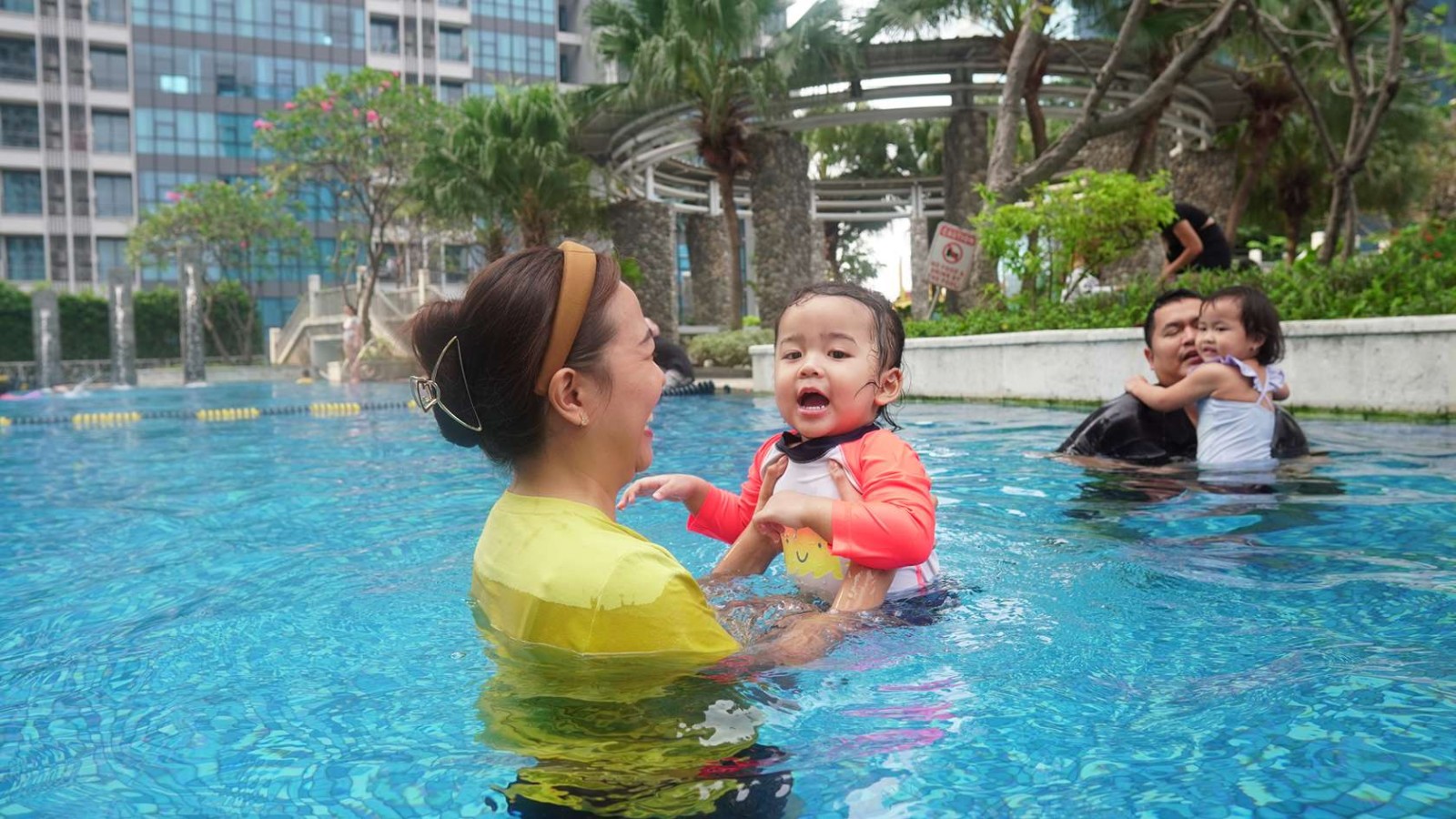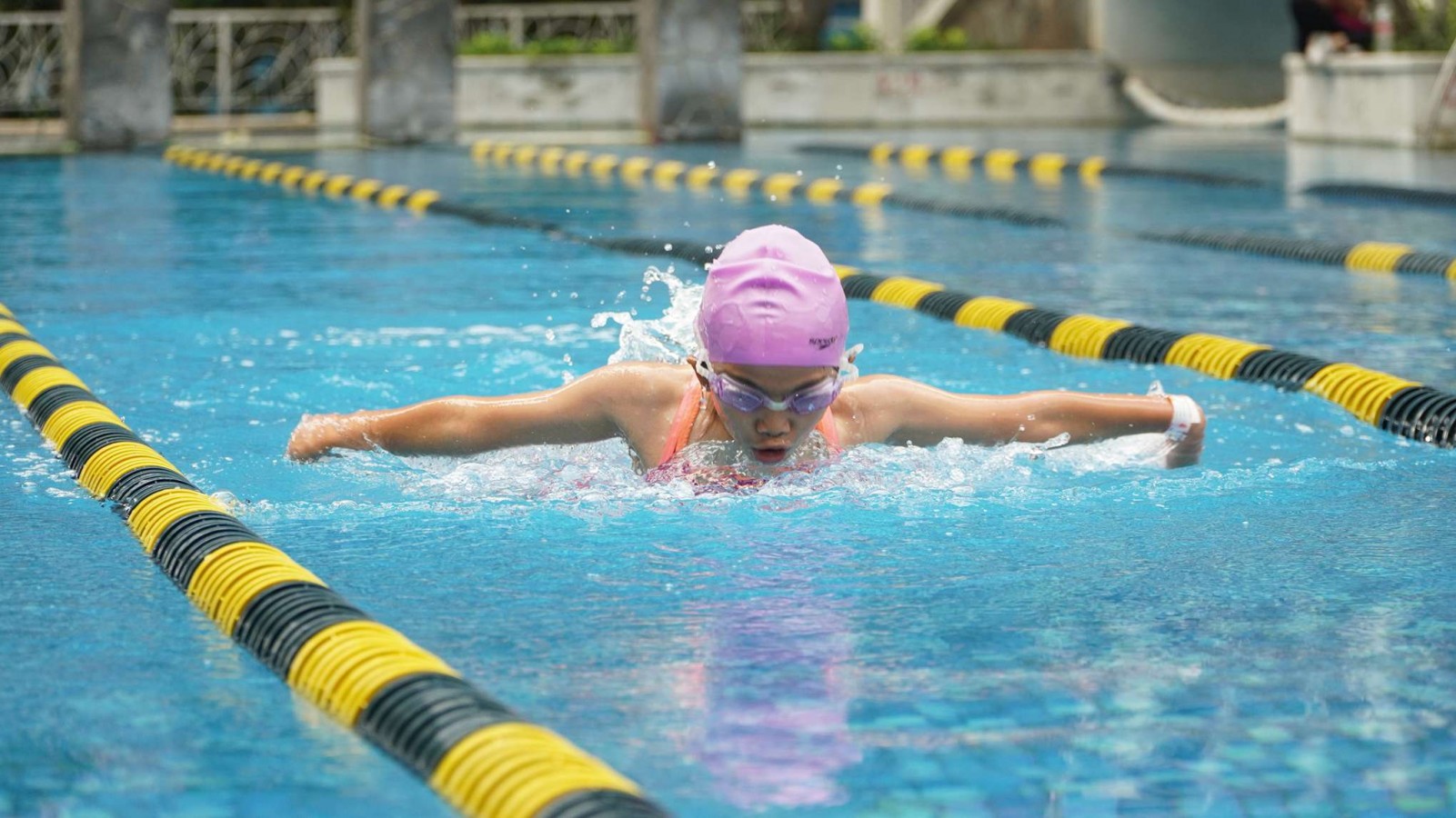Lack of Physical Activity in Children and Its Effect
.jpg)
Physical activity is the cornerstone of a healthy lifestyle, especially for children. In an era dominated by technology, the alarming lack of physical activity among the younger generation is a growing concern.
This article delves into the consequences of this sedentary lifestyle, exploring the reasons behind it and proposing effective solutions to encourage children to embrace an active way of life.
The Effect of Lack of Physical Activity in Children
Physical activity is a pivotal role for the growth and development of children. However, the modern era has witnessed a concerning trend which is the decline in physical activity among children.
Here are some key consequences associated with insufficient physical activity:
1. Physical Health Issues
The lack of physical activity contributes to a host of health issues. Children who don't engage in regular exercise are more prone to obesity, cardiovascular problems, and weakened bones and muscles. Establishing healthy habits in childhood is crucial for long-term well-being.
2. Mental Health Issues
Beyond the physical impacts, sedentary behavior also affects mental health. Studies indicate a link between lack of physical activity and issues such as anxiety and depression in children. Recognizing the holistic impact of inactivity is essential for comprehensive health management.
3. Heightened Risk of Anxiety and Depression
The connection between physical activity and mental health is well-established. Exercise releases endorphins, the "feel-good" hormones, which play a crucial role in mood regulation. A lack of exercise, therefore, increases the risk of anxiety and depression in children, impacting their emotional well-being.
4. Reduced Cognitive Function
Physical activity is not only beneficial for the body but also for the brain. Studies show that exercise enhances cognitive function, including attention, memory, and problem-solving skills. Children deprived of regular physical activity may experience challenges in academic performance and cognitive development.
How Much Exercises Do Children Need?
Based on NHS research, for the healthy development of children, it is recommended that they engage in a minimum of 60 minutes of exercise each day. This exercise can take various forms, from traditional sports like soccer or basketball to activities like biking, running, or even simple workout like jumping jacks, high knees and even simple dance routines.
The key is to keep them moving and active, as regular exercise not only contributes to physical health by building strong muscles and bones but also plays a crucial role in fostering mental well-being.
Parents and caregivers can support this by encouraging outdoor play, organizing family activities, and setting positive examples through their own active lifestyles. The aim is to instill a love for movement in children from an early age, laying the foundation for a healthy and active lifestyle as they grow.
10 Tips To Help With Lack of Physical Activity in Children
As parents, our foremost responsibility is to nurture and safeguard the well-being of our children. In the modern era, where sedentary activities often compete with active play, the importance of avoiding a lack of physical activity in our children cannot be overstated.
Physical exercise is not just a means of keeping them occupied, it is a fundamental building block for their holistic development. Here are 10 tips to help address the lack of physical activity in children:
1. Set a Positive Example
Children often mimic the behaviors of those around them. By showcasing an active and healthy lifestyle, parents can inspire their children to engage in physical activities.
2. Make It Fun
Try to incorporate enjoyable activities that don't feel like exercise. Whether it's a family bike ride, a hide and seek game, or even dance parties in the living room, making exercise enjoyable encourages children to participate willingly.
3. Limit Screen Time
Reduce the time spent in front of screens, including TVs, computers, and smartphones. Establishing reasonable limits on screen time encourages kids to seek alternative activities that involve physical movement.
4. Plan Outdoor Activities
Explore local parks, nature trails, or playgrounds. Outdoor activities not only provide opportunities for physical exercise but also expose children to fresh air and nature.
5. Integrate Exercise into Daily Routine
Find creative ways to incorporate physical activity into daily routines, such as schedule short breaks during study or screen time for quick stretches, taking the stairs, or doing active chores around the house.
6. Enroll To Sports & Performing Arts Academy
Enrolling in a Sports & Performing Arts Academy is a powerful catalyst for inspiring children to embrace and enjoy physical activity. It provides a structured and engaging environment where they not only discover the thrill of movement but also develop a sense of affinity and accomplishment.
The academy setting introduces children to a variety of exciting activities, from sports to dance, creating an atmosphere of fun and exploration. Expert instructors guide them through exercises designed not just for physical fitness but also for the development of essential life skills such as teamwork, discipline, and self-confidence.
7. Offer Choices
Allow children to choose activities they enjoy. Giving them a say in the type of exercise helps foster a sense of autonomy and increases the likelihood of continued participation.
8. Be Supportive
Praise and encourage your child's efforts, regardless of their skill level. Positive reinforcement builds confidence and a positive attitude toward physical activity.
9. Organize Family Activities
Plan family outings that involve movement, such as hiking, biking, or playing sports together. This not only promotes physical health but also strengthens family bonds.
10. Make It a Habit
Establish a routine for physical activity, making it a consistent part of daily life. Habits formed in childhood often carry into adulthood, setting the foundation for a lifelong commitment to health and fitness.
Be Aware of The Lack of Physical Activity in Your Children!
In conclusion, the lack of physical activity in children poses significant challenges to their overall well-being. However, with concerted efforts from parents, schools, communities, and Sports & Performing Arts Academy, positive change is achievable. By prioritizing physical activity, we can ensure a healthier, happier future for the next generation.
At Rockstar Academy, we recognize the pressing issue of the lack of physical activity in children, and we provide a vibrant solution. Our programs are carefully crafted to be both engaging and beneficial, turning the challenge of sedentary lifestyles into an opportunity for growth for children.
Don't miss out on this fantastic opportunity to witness the positive impact Rockstar Academy can have on your child's well-being. Enroll in the Rockstar Academy’s free trial today and let your child take the first step toward becoming a true Rockstar. Go contact Rockstar Academy now!
FAQ
1. How much physical activity should children get each day?
Children aged 6-17 should engage in at least 60 minutes of moderate-to-vigorous physical activity daily.
2. What are some indoor activities that promote physical activity?
Indoor activities like dance, yoga, and indoor scavenger hunts can be enjoyable ways for children to stay active.
3. What are the consequences of a lack of physical activity in children?
Lack of physical activity in children can lead to various health issues such as obesity, weaker muscles and bones, poor cardiovascular health, decreased flexibility, and a higher risk of developing chronic diseases later in life.
4. How can schools ensure inclusivity in physical activities?
Schools can provide a variety of activities, adapt games for different abilities, and foster a culture of acceptance and support.



